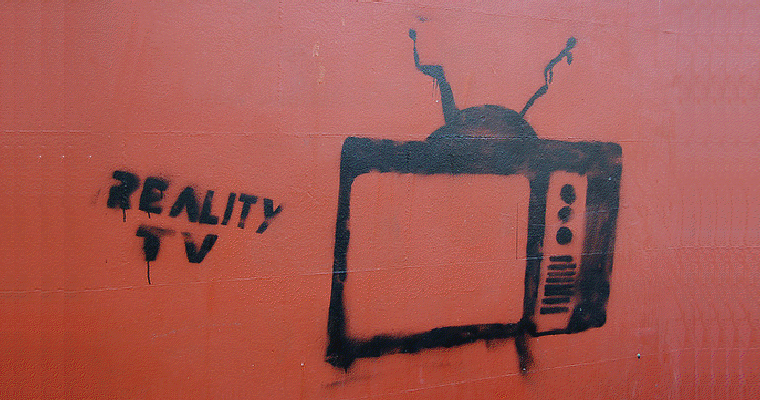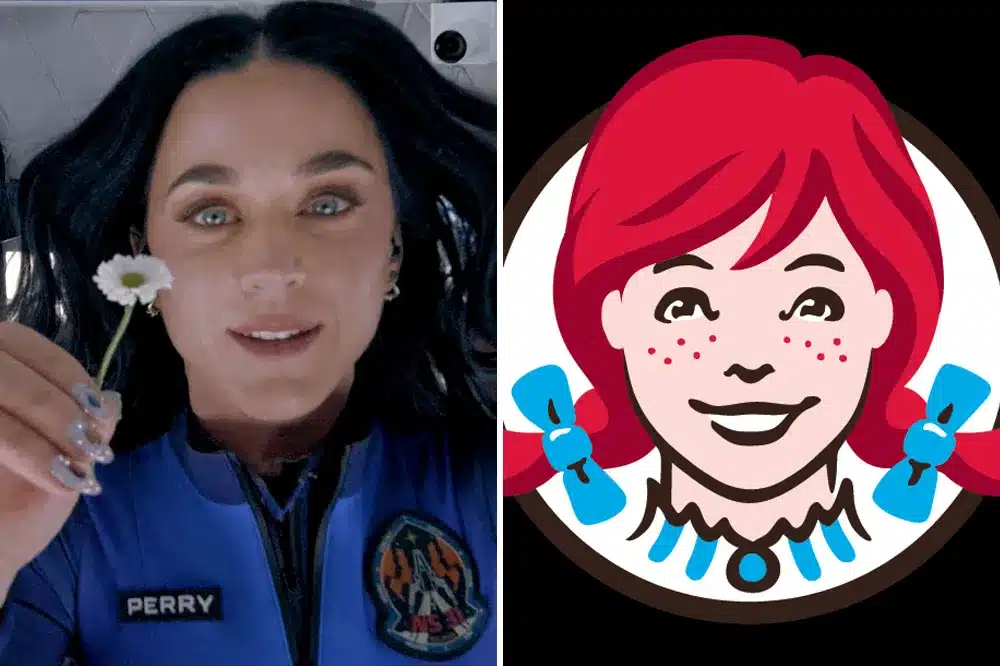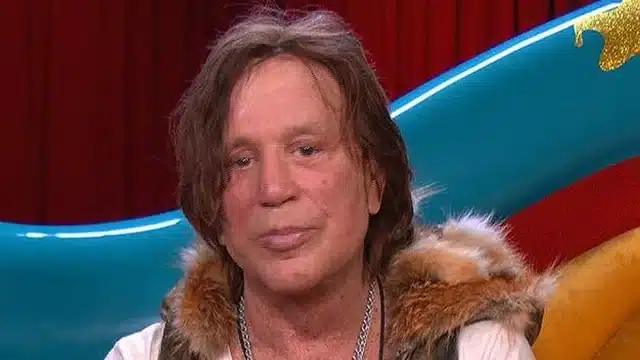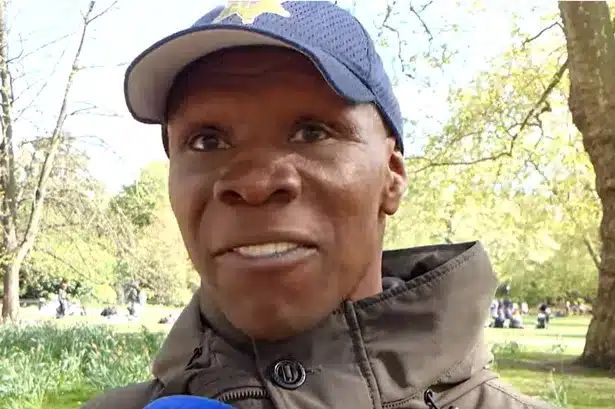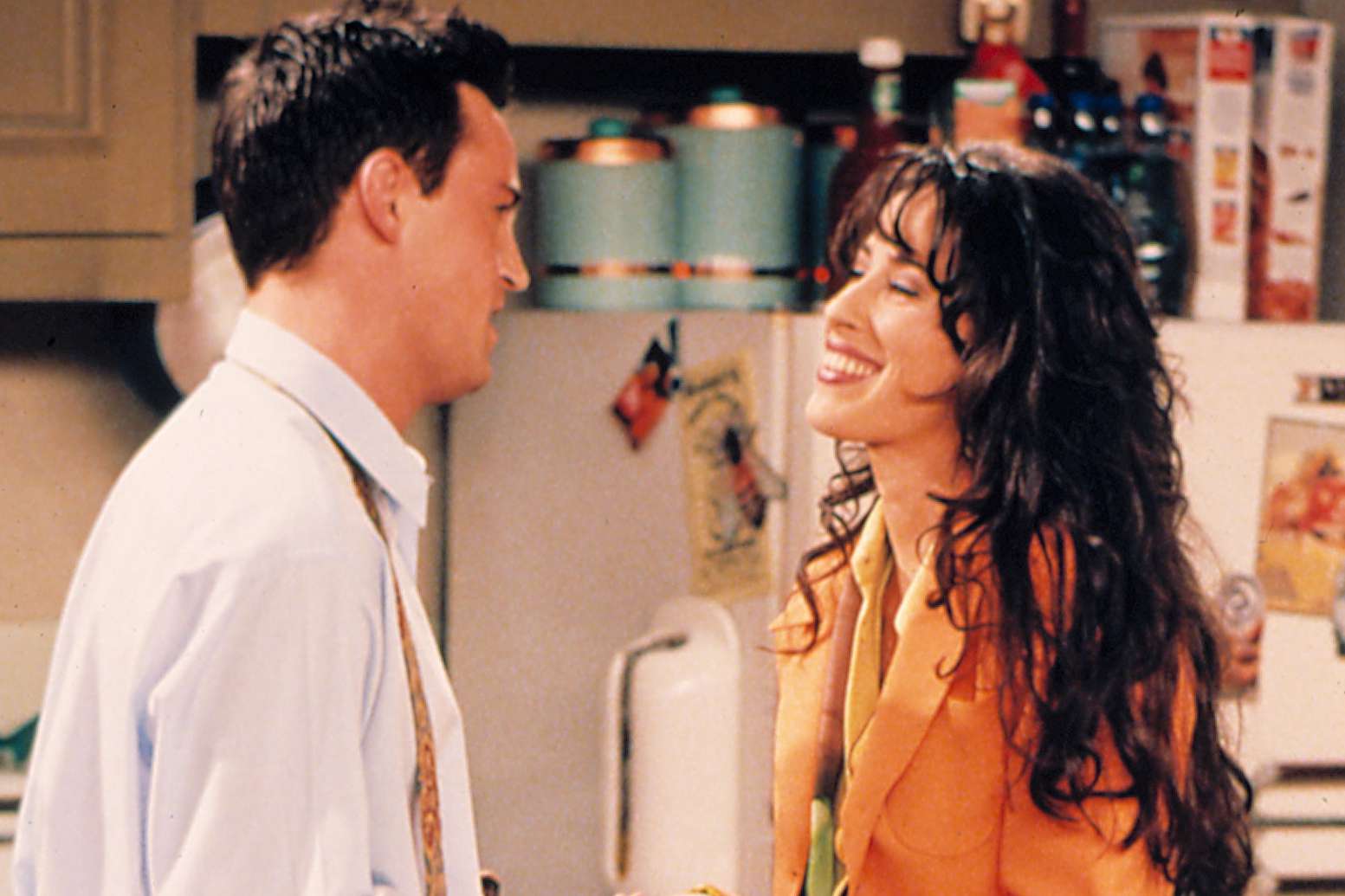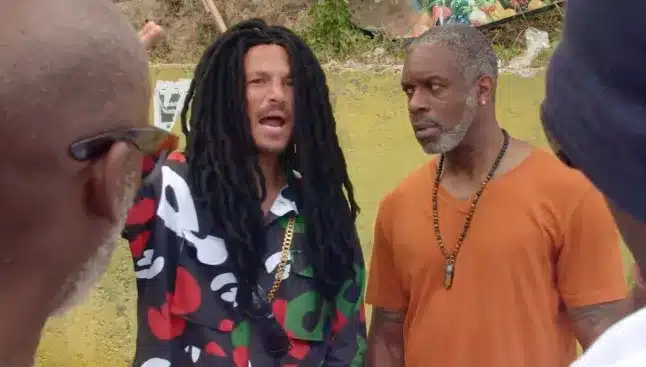I like TV, and when I say like TV, I mean I really like TV.
I even like reality TV.
There, I said it.
*Runs away and hides*.
Reality TV — why?
I guess there are many different reasons why people watch shows such as the Undateables, Body Shock and even Embarrassing Bodies.
I just can’t say no: If the programme promises something unusual or original then I’m drawn to it. Much of this feeling is curiosity. I want to see how other people live their lives.
As a child I loved biographies, autobiographies and documentaries; I still do.
To be honest, I don’t think there is a dramatic difference between programmes such as ‘My Big Fat Gypsy Wedding’ and the above forms of non-fiction.
They all satisfy natural human curiosity.
There are a few other reasons used to describe why the public might like reality TV, some of which I openly accept:
Number one, education
It’s cliché but I think reality TV viewers can justify their behaviour by stating that they are simply interested in ‘people’ and ‘society’.
The way I see it, it’s good to watch some of these reality TV shows in the same way as it’s good to watch a documentary about the plight of those living in very poor or war torn nations.
All of these programmes make us more unlikely to react negatively when we encounter things we’re not used to, and to appreciate what we have.
Surely this is good?
Escapism
We all need to partake in a bit of good old fashioned escapism from time-to-time, don’t we?
Voyeurism and Medieval Freak Shows?
This is where it gets tricky.
In medieval times, freak shows displayed those with biological rarities and labelled them ‘freaks of nature’.
It was entertainment and that was that.
An OED definition of ‘voyeur’ defines one as “an obsessive observer of sordid or sensational subjects”.
Our society is by nature voyeuristic, we just can’t help it: You’re driving in your car and see a car crash; of course you’re going to look. You’ll also feel grateful it wasn’t you.
But can we ethically justify broadcasting vulnerable, unhappy people on TV to satisfy our curiosity? Is this kind of exploitation any better than a medieval freak show?
Could Britain’s Got Talent be worse of all?
‘Schadenfreude’ refers to the experience of enjoyment from another person’s misfortune.
Shows like ‘Undateables’ and ‘Embarrassing Bodies’, where people willingly show off their dermatitis and psoriasis to the nation, captivate me because I have a burning need to understand what on earth provokes people to go on the show in the first place. The same goes for ‘How to Look Good Naked’.
Why, if you’re embarrassed about something, would you choose to reveal it to as many people as possible? I’m fascinated by the reasoning. Sure, I want them to get help if they can, I’m also not judging, but I just don’t understand!
I’m pretty sure I don’t feel enjoyment from any misfortune they experience though.
I’m not a puritan; I like a bit of wit as much as the next person. If a joke’s well thought out and witty I’ll probably find it funny.
But why would someone who self-harms, or can’t get a date, or has zero confidence, be classed as enjoyable or funny to watch?
Interesting yes, educational, maybe, but, enjoyable?
This is how the medieval freak shows worked.
Again I’m not judging, but at times I actually think Britain’s Got Talent may be more similar to this than anything else.
The delusional, talentless auditionees just make me cringe. I feel no enjoyment, but so many others seem to be laughing…….Is this schadenfreude?
Ultimately, it seems that there are several different types of reality TV and several different reasons why people watch it.
Does it help vulnerable and afflicted people to get over their problems, or damage their lives further? What do you think?
James Duval is an Xbox addict and lover of motorbikes, architecture and TV… yes, even reality TV.

